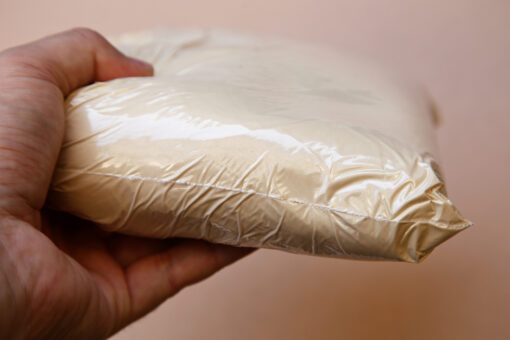The crime of manufacturing controlled substances holds varied definitions and legal interpretations in different states. Grasping these complexities is crucial when facing related drug charges. For in-depth legal assistance, consider contacting Chambers Law Firm at 714-760-4088.
The Legal Scope of Manufacturing Controlled Substances
The act of manufacturing controlled substances generally involves producing illegal drugs. However, nuances in state laws and court interpretations can create significant complexities. Each state defines this act in its criminal statute, with variations in wording and legal interpretations leading to different outcomes across jurisdictions.
For example, California law encompasses a wide array of activities under manufacturing, including compounding and chemical synthesis, while Nevada specifically excludes marijuana from its definition. These differences highlight the importance of understanding your state’s specific legal framework and how it applies to your situation.
Critical Questions in Controlled Substance Manufacturing
Several questions arise when considering what constitutes the manufacturing of controlled substances:
- Is Possessing Ingredients Sufficient? – Typically, merely having the necessary ingredients isn’t enough for conviction. Evidence of actual production is usually required.
- What about Partial Manufacture? – Involvement in only part of the manufacturing process can still lead to charges, as long as there’s knowledge of the drug’s illegality.
- Chemical Precursors: – The legality of manufacturing precursors varies. Some states prohibit it if the final product is known to be a controlled substance.
- Marijuana Cultivation: – Legal interpretations differ on whether growing marijuana plants falls under drug manufacturing, especially in states where recreational use remains illegal.
- Is Drug Possession a Lesser Included Offense? – Typically, drug possession is considered a lesser offense within drug manufacturing, allowing for concurrent charges.
- Are Minor Alterations Sufficient? – The degree of alteration required for manufacturing varies by state, with some including activities like packaging or diluting a drug.
Controlled Substances: Definition and Classification
Controlled substances are drugs or compounds regulated by law, categorized into Schedules based on their abuse potential and medical utility. These range from highly dangerous and medically non-useful drugs in Schedule I, like heroin and LSD, to medically useful and low-addiction potential drugs in Schedule V, like certain cough medicines.
Penalties for Manufacturing Controlled Substances
Penalties for drug manufacturing can vary significantly by state and the specific drug manufactured. For instance, California imposes a sentencing range of 3, 5, or 7 years in state prison, with fines up to $50,000 for a felony conviction of manufacturing a controlled substance. Many states also apply sentencing enhancements for manufacturing specific drugs like PCP or methamphetamine.
Navigating Legal Challenges in Controlled Substance Manufacturing
Facing charges related to manufacturing controlled substances can lead to severe legal consequences. Understanding the intricate legal landscape and obtaining expert legal representation are crucial. If you’re dealing with such charges, seeking counsel from a criminal defense attorney at a reputable law firm like Chambers Law Firm can be a decisive step towards addressing your legal challenges effectively. Call us now at 714-760-4088.





